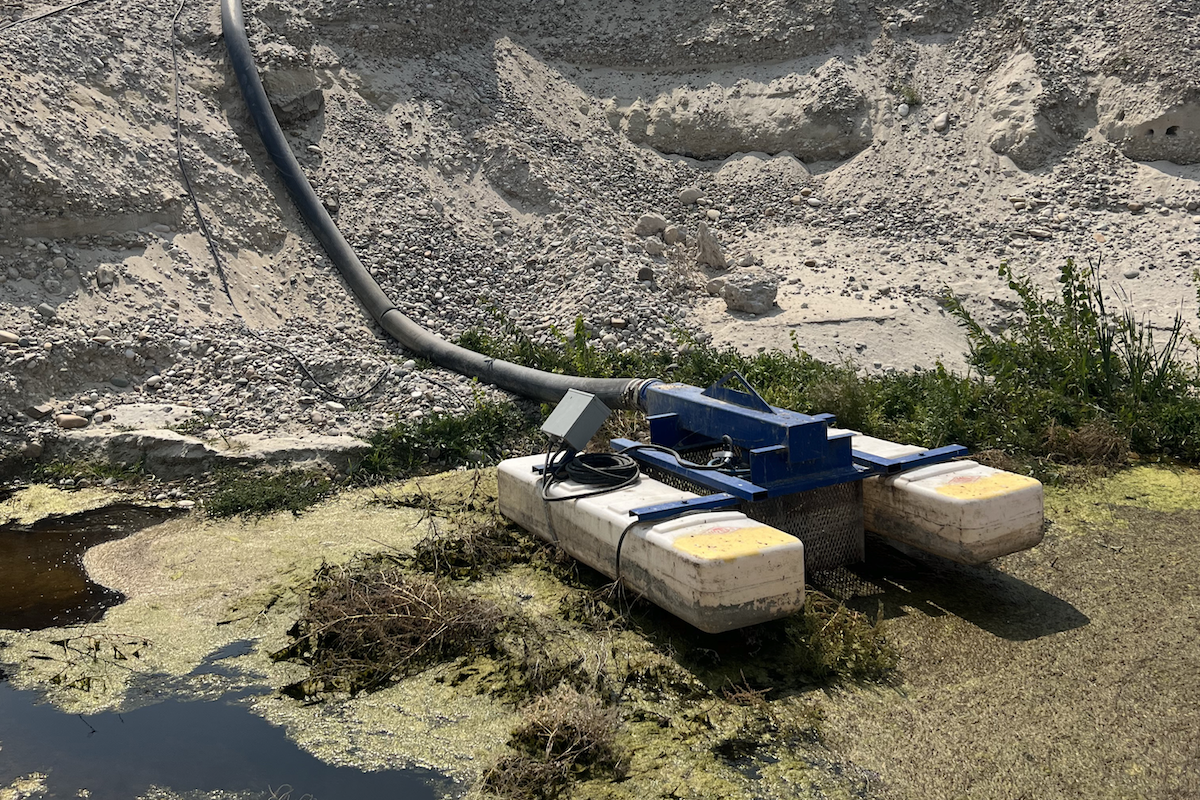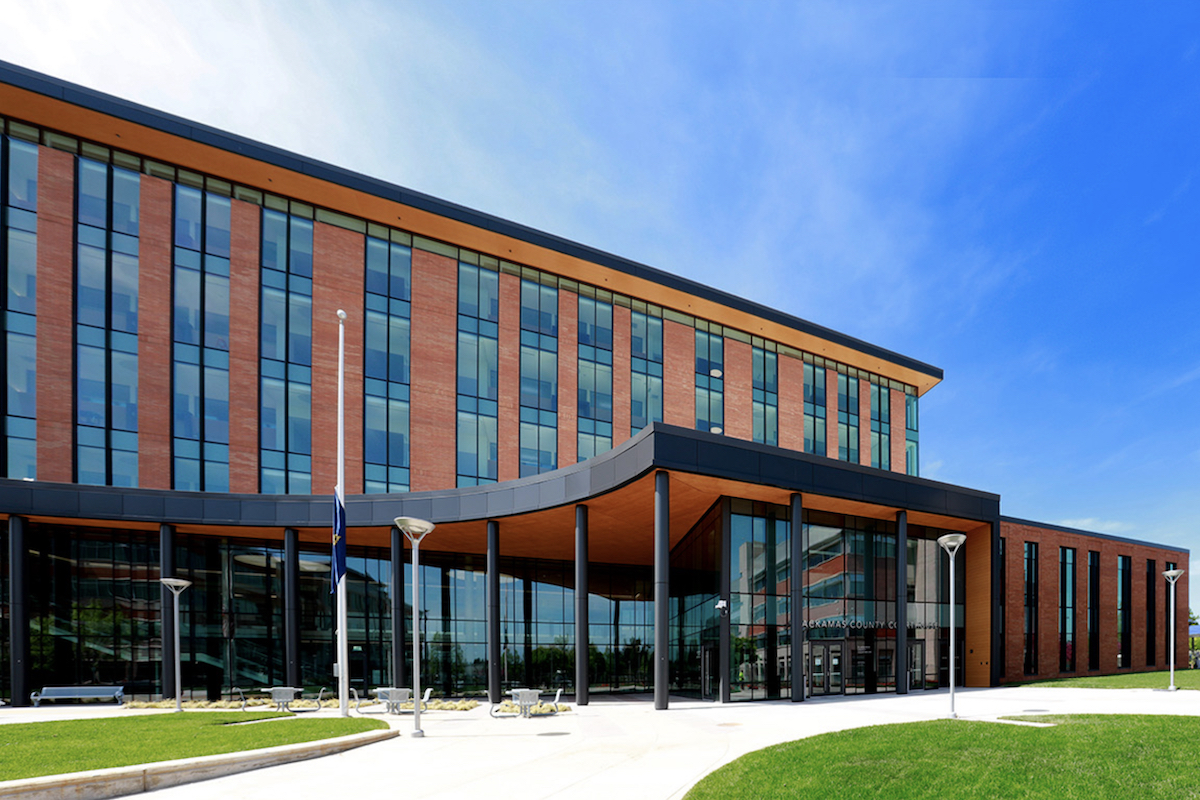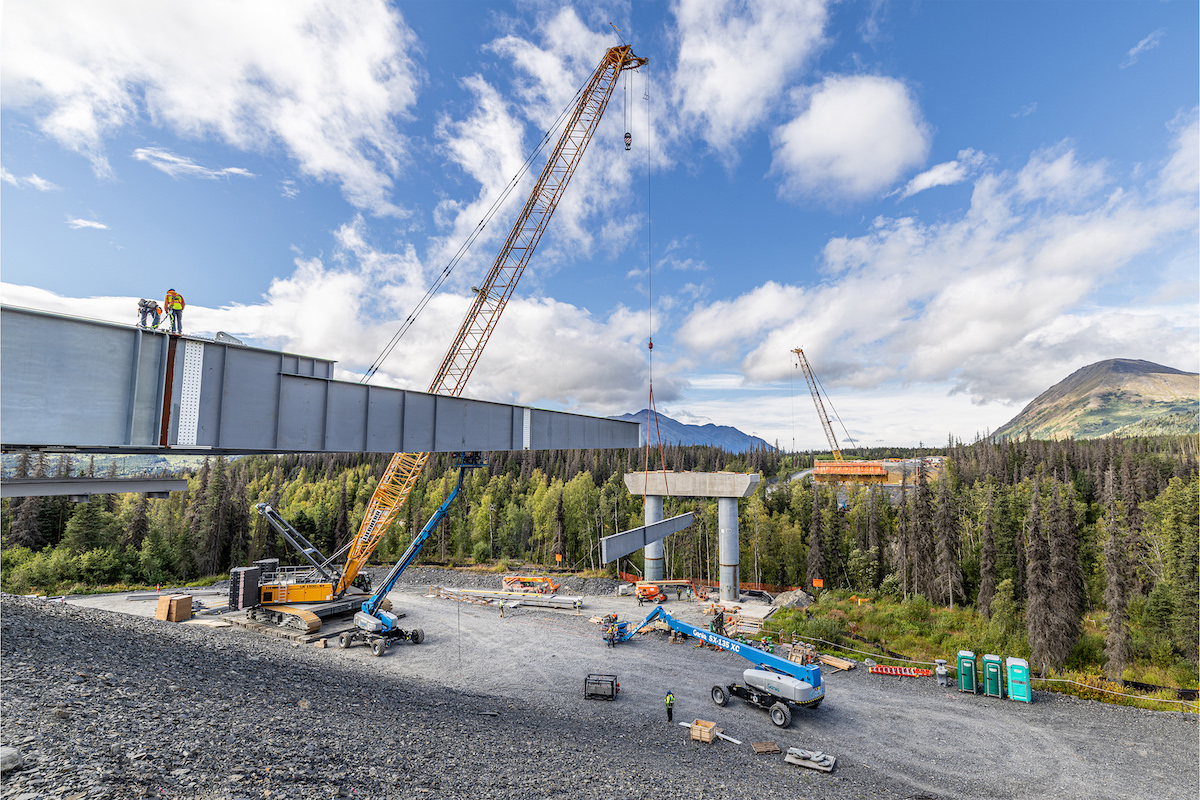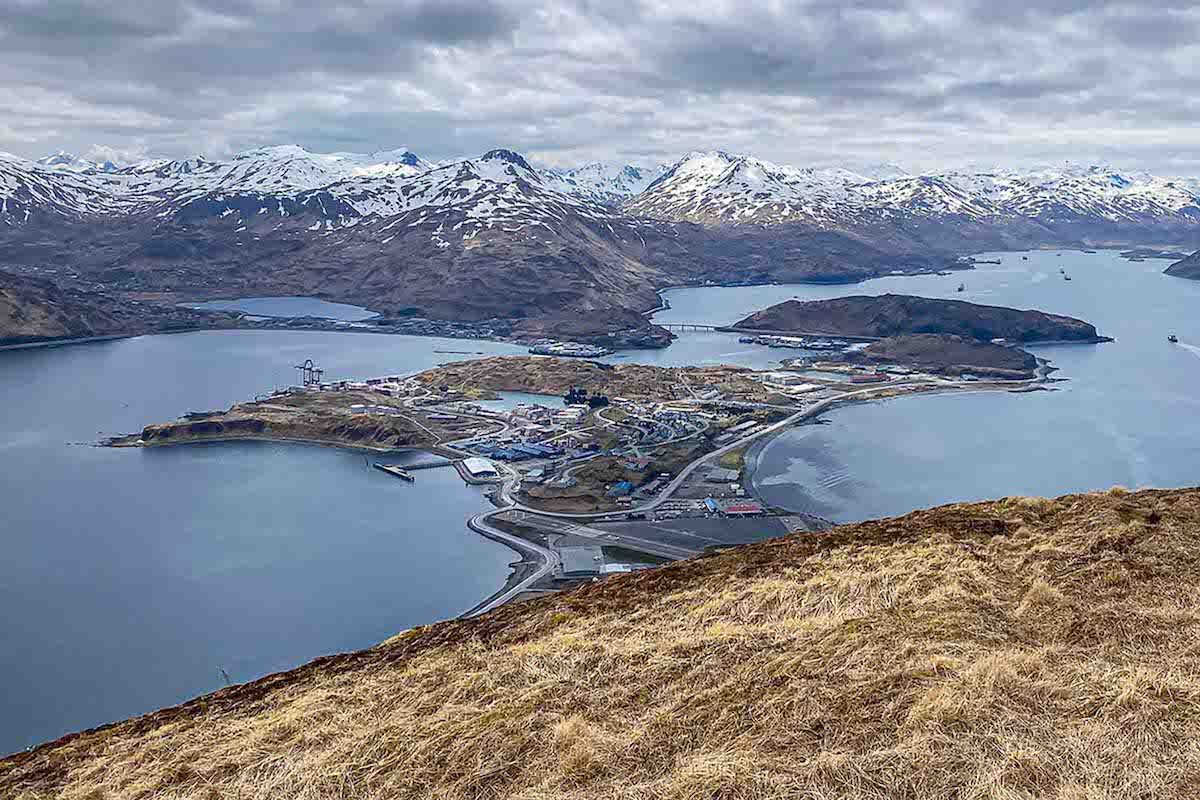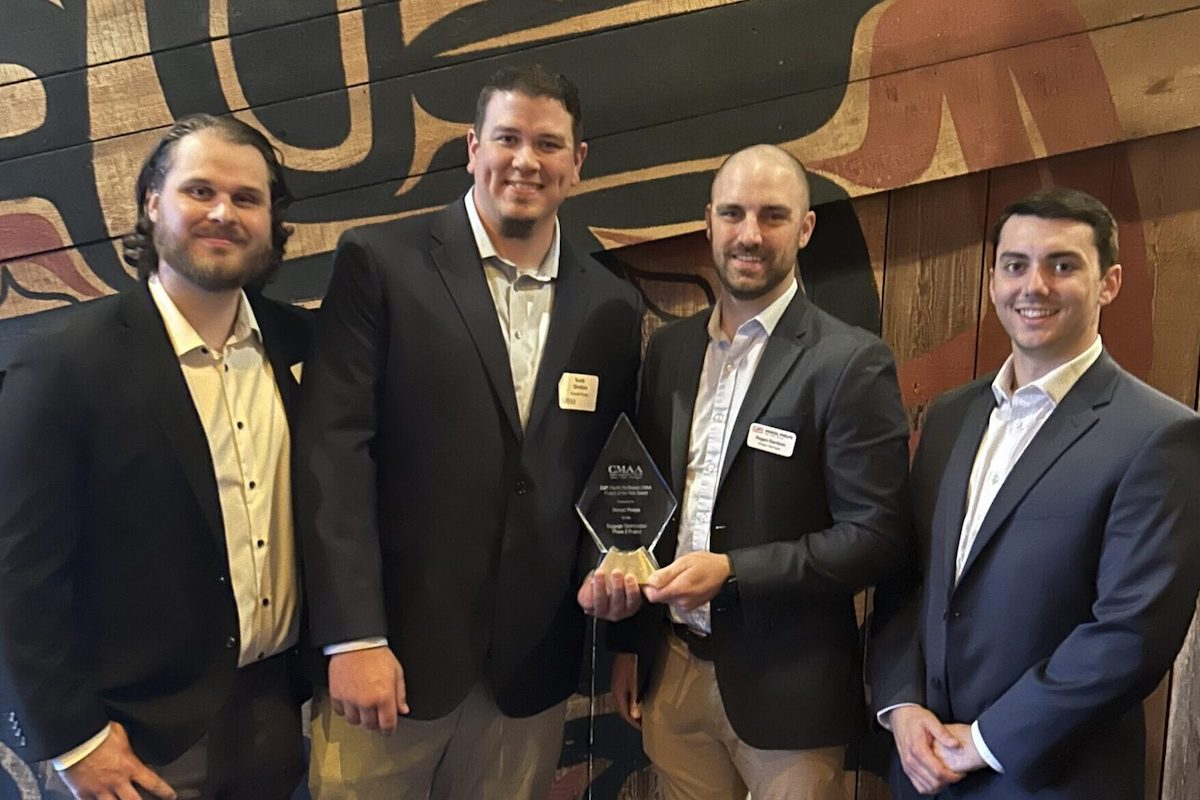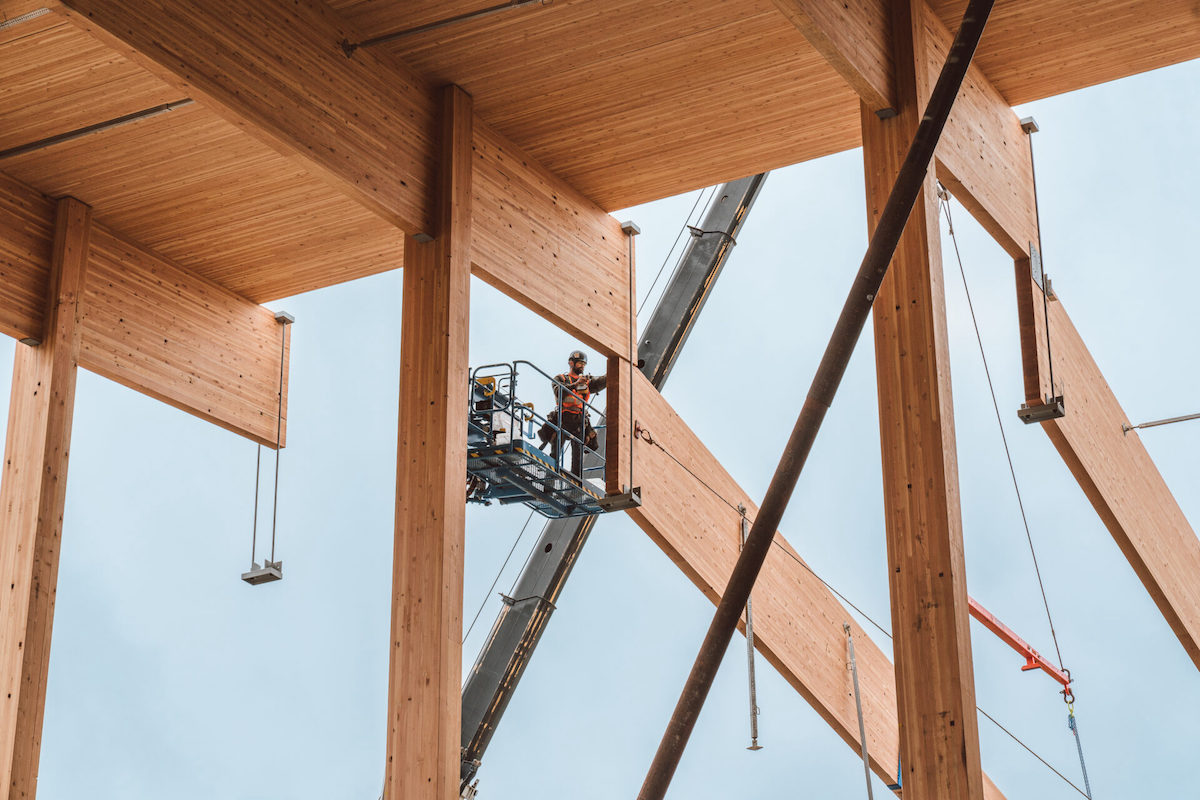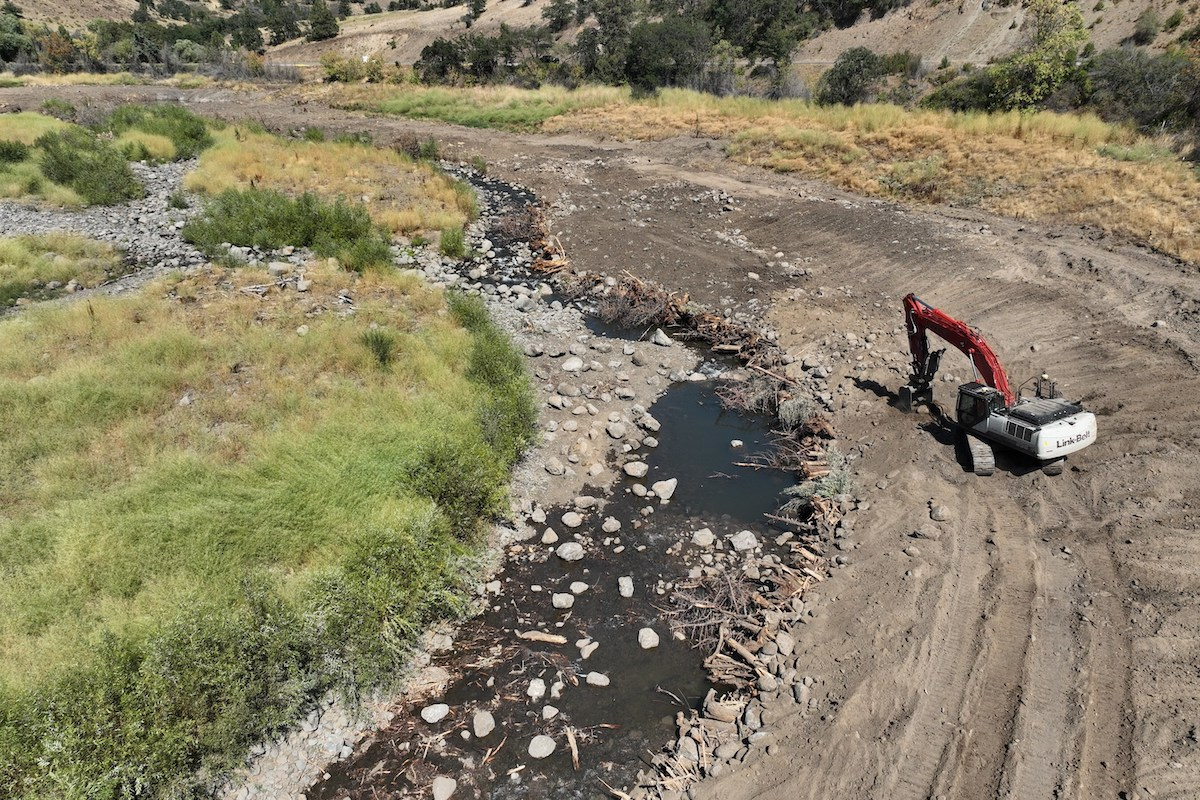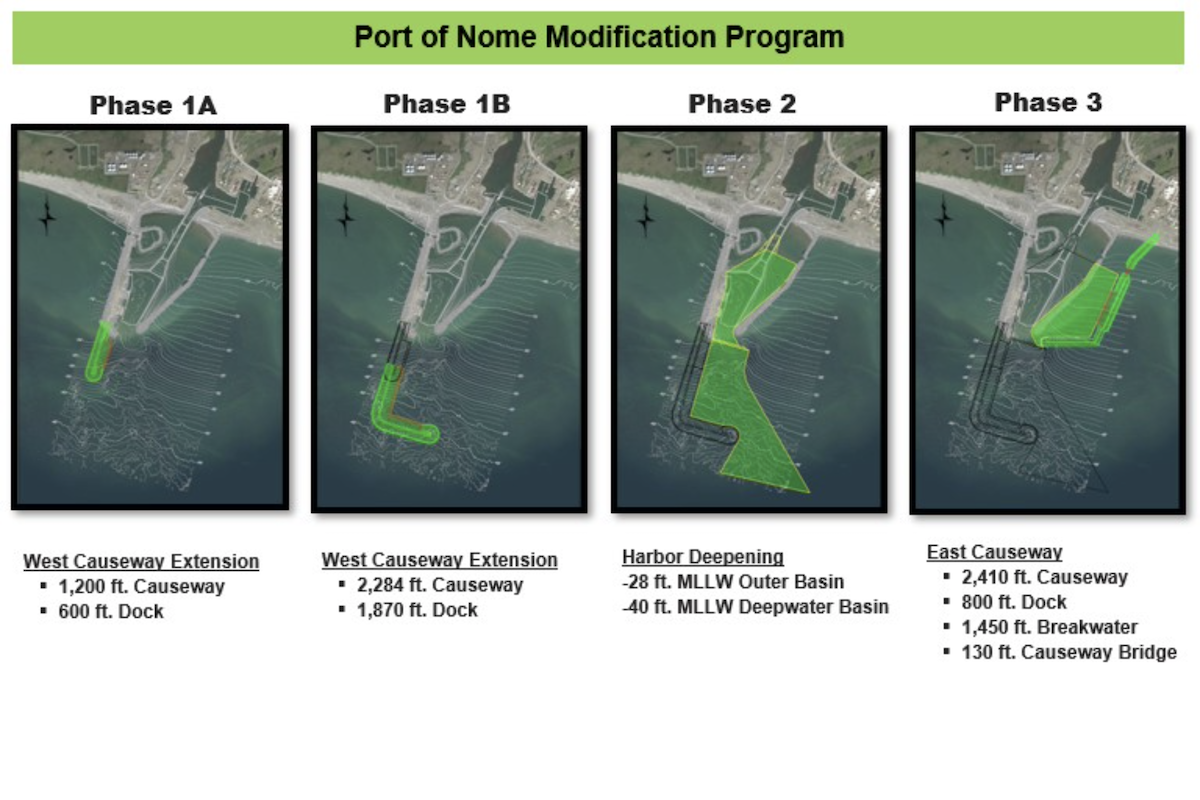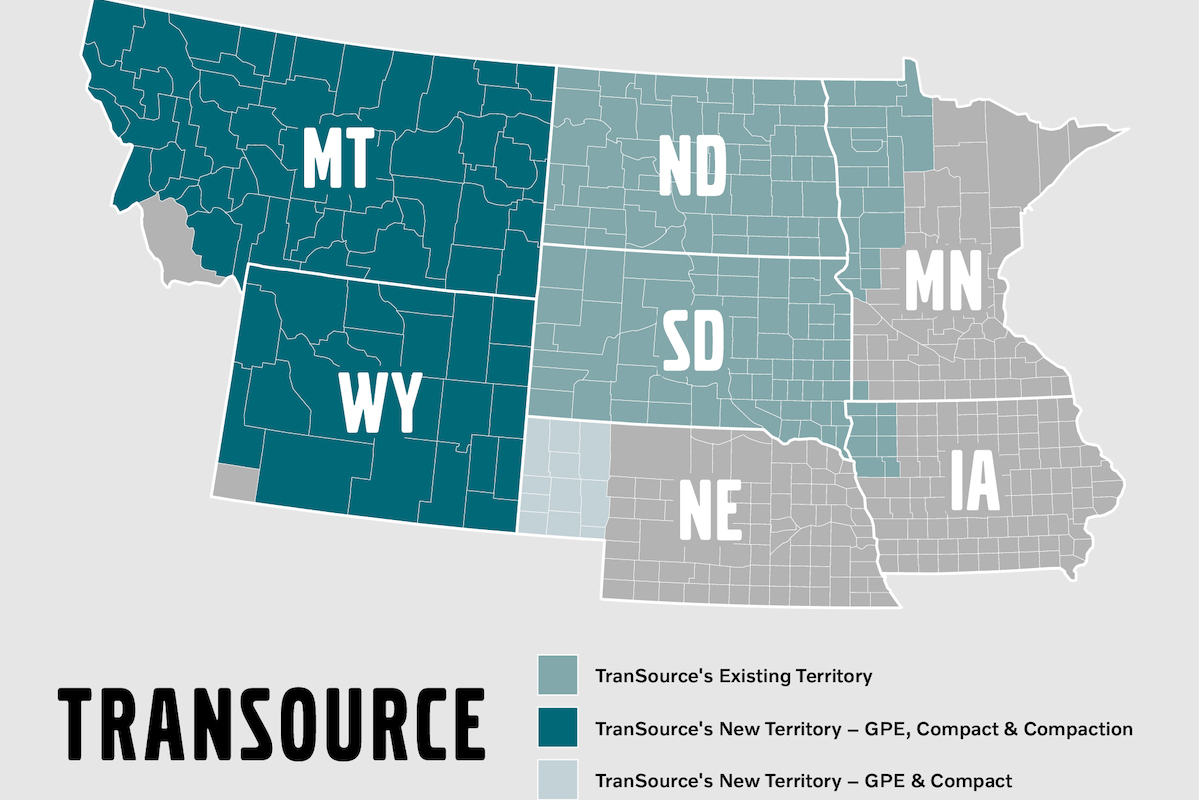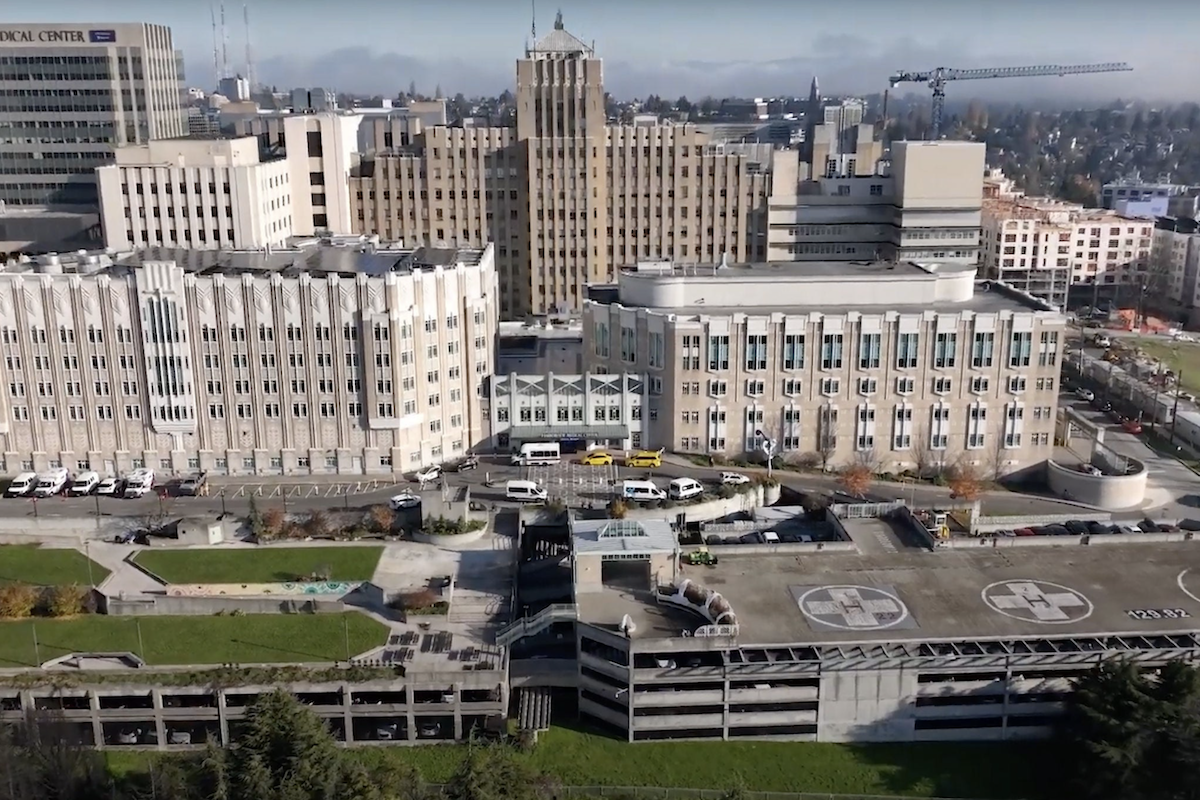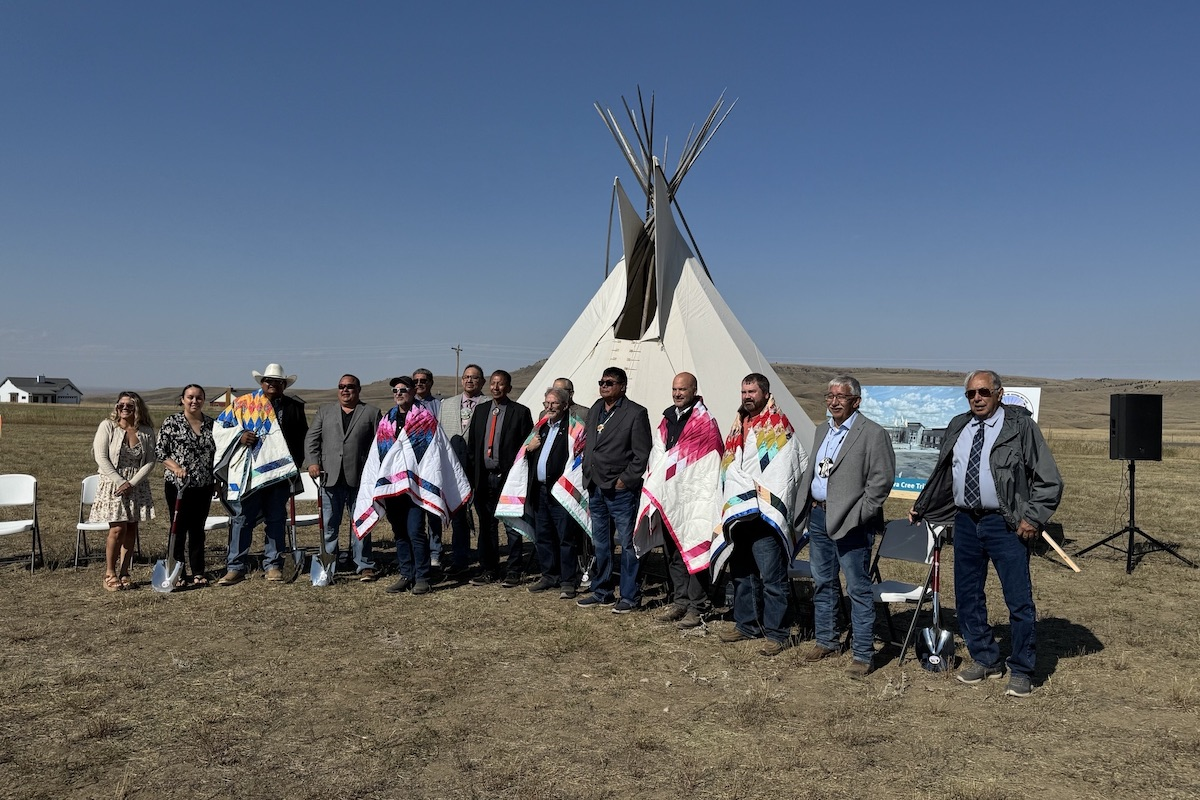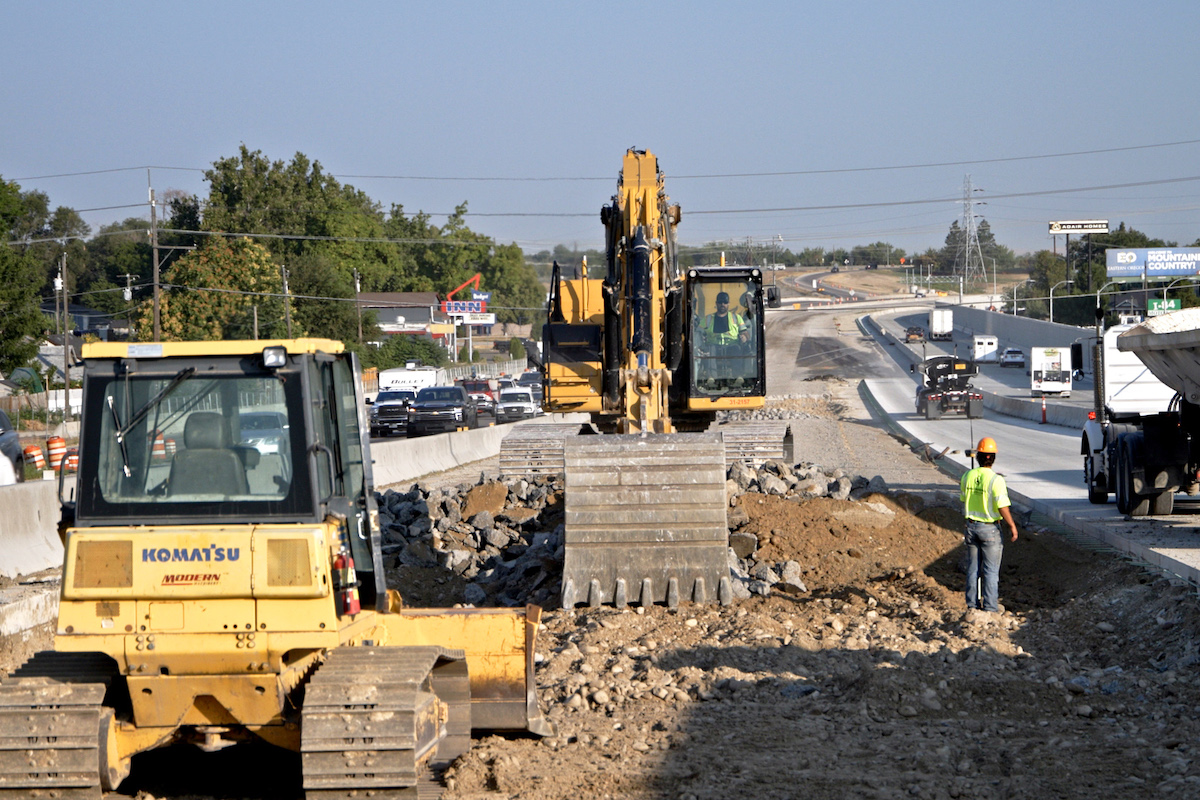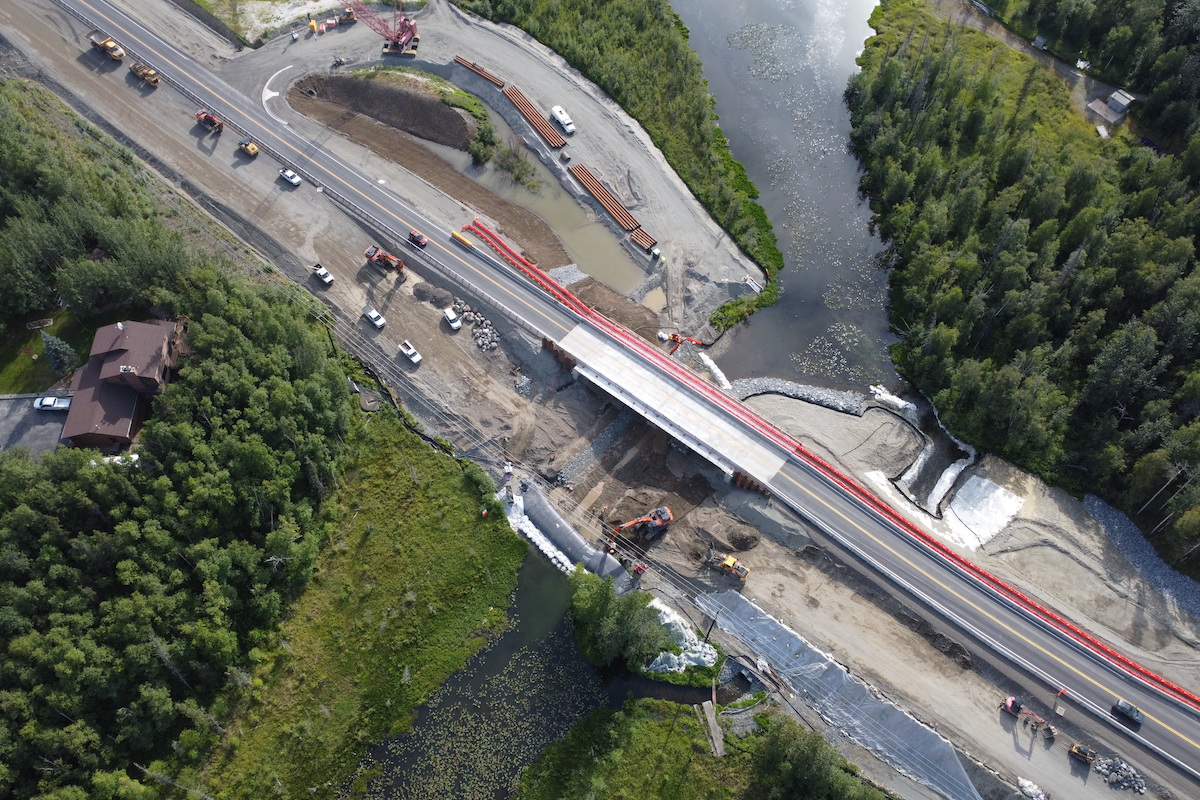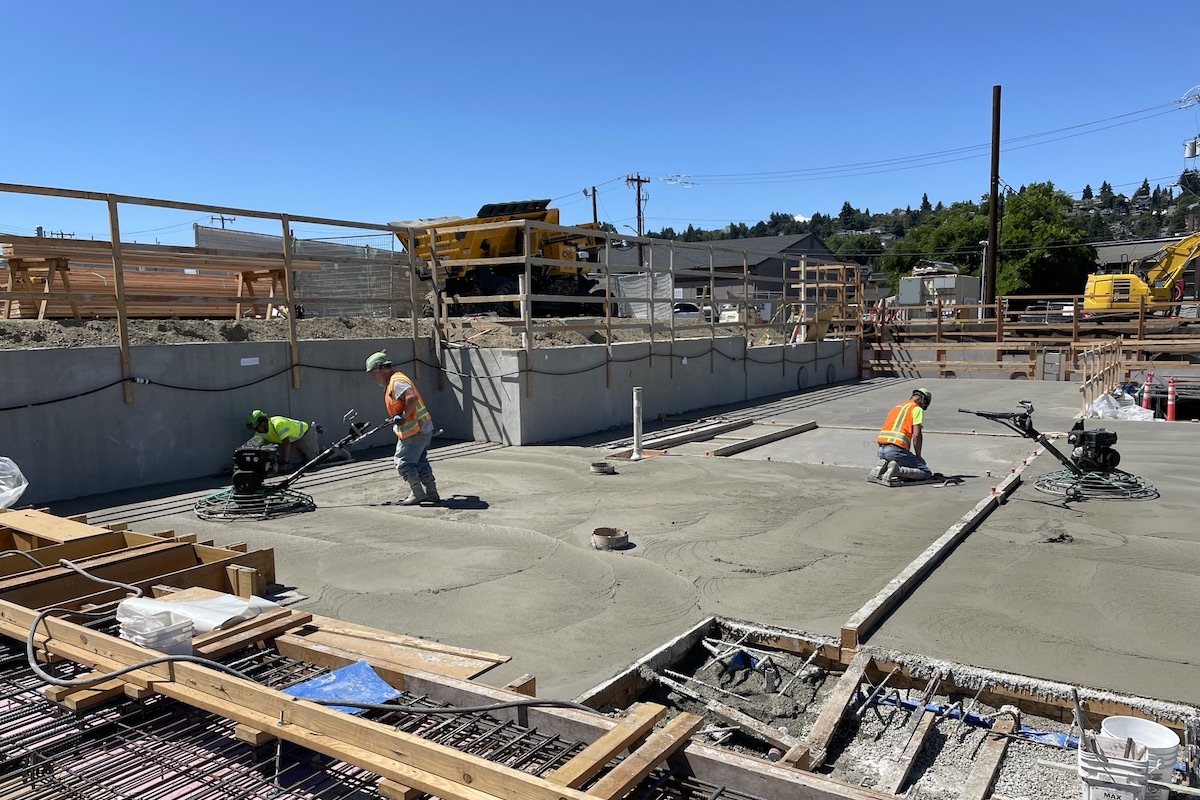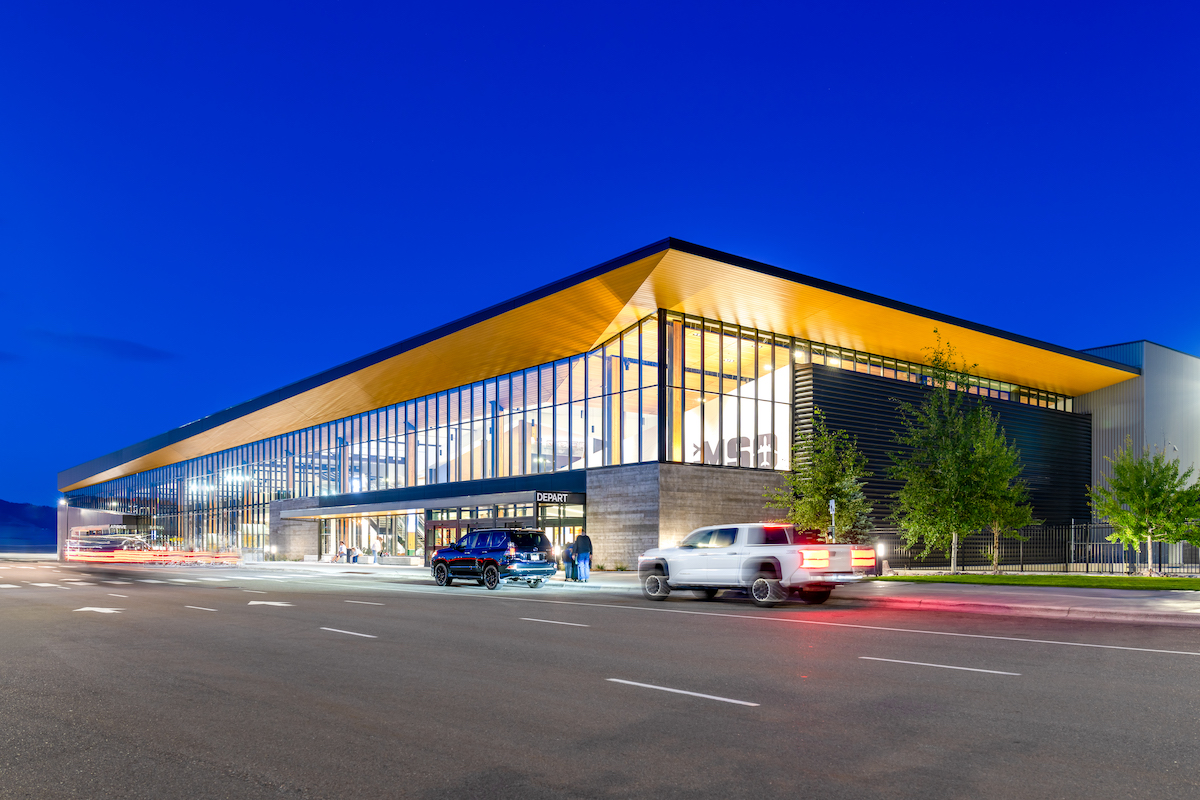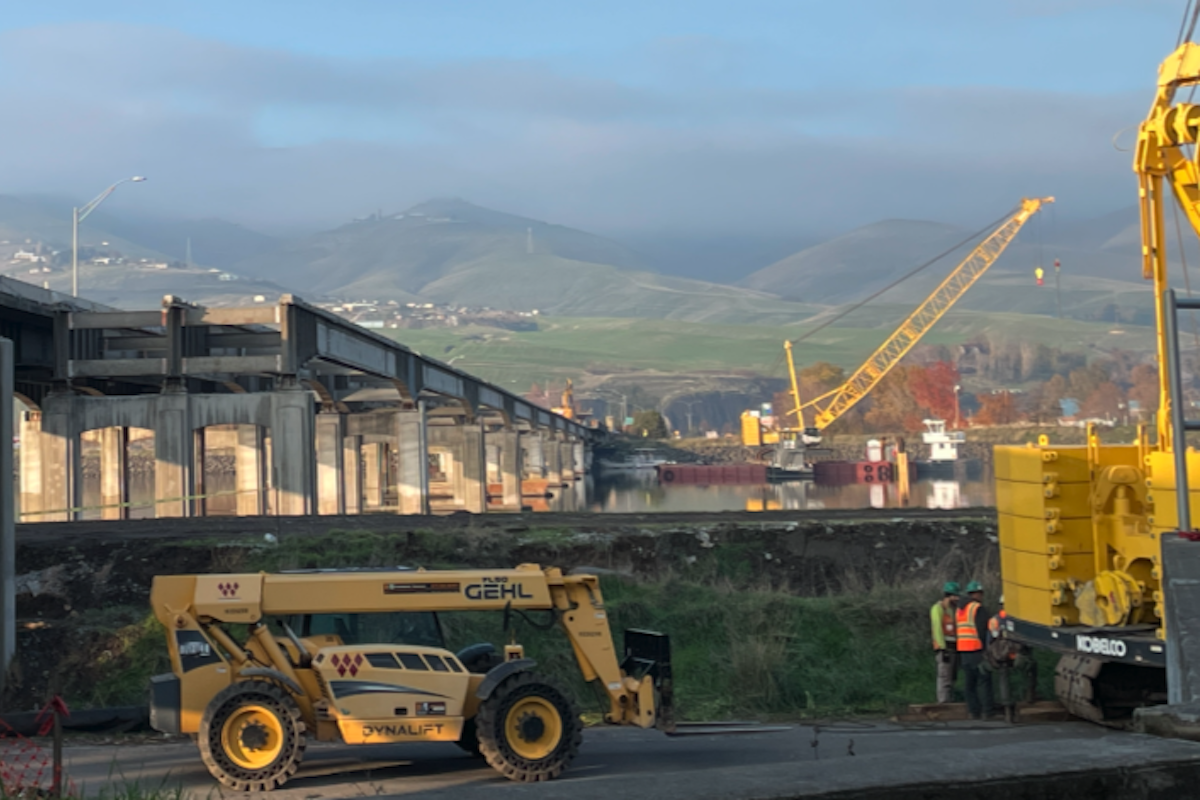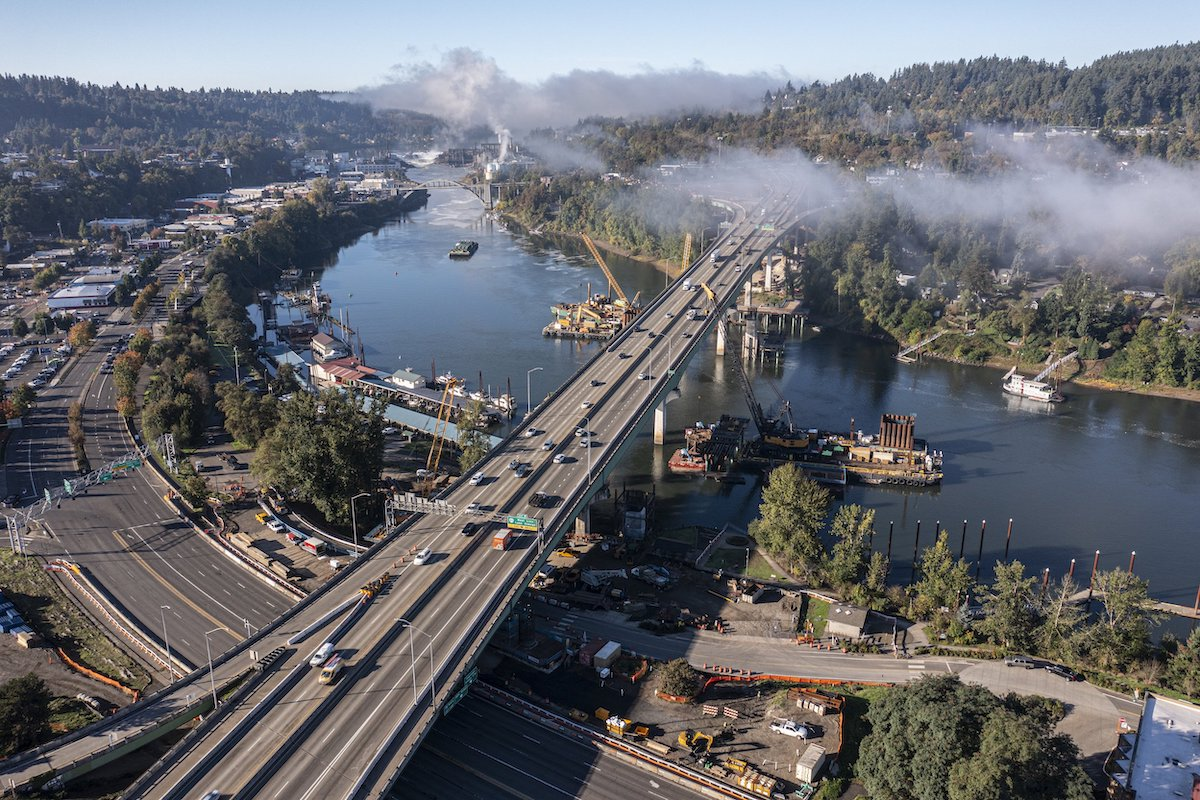“This was an operations project,” says Jamie Miller, Project Manager and Resident Engineer for the Oregon Department of Transportation (ODOT).
The OR 212 project in the Portland metro was part of the Statewide Transportation Improvement Program (STIP), an effort to upgrade roads and bridges to fix or preserve infrastructure or enhance or expand the transportation system. Projects also may include safety upgrades, or support bicycle and pedestrian projects. The Oregon Transportation Commission and ODOT develop the STIP based on public and stakeholder feedback.
The OR 212 project included repairing deteriorating areas of the route and repaving the 13-mile section of road, milling off 2.5 inches of asphalt and filling with 2.5 inches of new pavement. Crews also built a new bridge at North Fork Deep Creek, which flows under OR 212 east of Boring, and installed 117 sidewalk upgrades and curb ramps to meet American Disability Act (ADA) standards at 26 intersections. When the state began its ADA program, 36,000 curb ramps needed upgrading and the department planned to replace 3,000 curb ramps annually.
Between 16,000 and 32,000 cars and trucks travel daily on the four-lane section of OR 212 and between 10,5000 to 24,000 vehicles travel daily on the two-lane section. The road passes through a rural region.

| Your local Trimble Construction Division dealer |
|---|
| SITECH Northwest |
“This is a well-traveled area, with large distribution centers for retail,” says Cody Boyd, Construction Coordinator for ODOT. “There is quite a bit of heavy freight and truck traffic.”
Consulting engineer Murraysmith of Portland, Oregon, designed the OR 212 project in 2018 to 2019. The firm, founded in 1980, has 17 offices and works throughout the western United States. It specializes on transportation, water, wastewater, and storm water projects – primarily for public agencies.
“This was a big paving project with a small bridge,” says David Finnigan, Project Manager for Kerr Contractors.
In places where the subgrade was failing, crews completed repairs to the road, excavating down to up to 36 inches deep to rebuild the base and pavement during evening closures. The team stockpiled aggregate near the site, so it was available as needed.
“We did subgrade stabilization and put down a fabric,” Finnigan says. “Then we put in 12 inches of large rock, 12 inches of aggregate and then paved multiple lifts.”

| Your local Somero dealer |
|---|
| American Construction Supply |
Asphalt paving, curb to curb, took place at night throughout the summers of 2020 and 2021. Crews started from Interstate 205 and progressed east to U.S. 26. Paving was followed by installing signage and striping.
During paving, lane closures occurred. In some areas, a single lane remained open with flaggers and a pilot car directed vehicle traffic through the construction zone.
The existing three conical, 36-inch-wide culverts under the bridge had rusted, deteriorated, and became plugged. The department determined that the old culverts needed to be removed. Fish, including trout and salmon, were no longer able to swim under the bridge.
“It wasn’t allowing fish passage,” Boyd says. “It’s become standard for new ODOT structures that everything is now fish friendly.”
Crews first placed a 24-inch bypass pipe, so water could flow and fish move during construction of the precast concrete bridge structure. Then subcontractor HP Civil of Salem, Oregon, dug out the old culvert and drove steel piles to depths of 60 feet. Before placing the concrete beams, crews had to excavate the creek, add riprap, and 100-pound and 200-pound rocks.

| Your local Volvo Construction Equipment dealer |
|---|
| PacWest Machinery |
All bridge components, including the caps, end panels and girders – but not the deck – were cast off site, brought to the job and assembled. Boyd reports that precasting the concrete elements off site reduced the amount of time requiring closure of the bridge.
The caps were grouted in. Crews poured-in-place concrete for the deck and up to the end panels to make it drivable, using a high early-strength concrete. They added guardrails to protect against drivers veering off of the road.
Crews began pile driving for the bridge in summer of 2020. Completion of the bridge during the first construction season was considered an important milestone for the department. During this work, there were intermittent daytime closures on OR 212, which lasted as long as 20 minutes.
Kerr built the North Fork Deep Creek bridge during a 12-day closure in August 2020. The department prepared drivers for the closure through various means, including social media, and recommended a detour that took drivers a couple of miles away and took less than 10 minutes.
“We worked hard to find a detour route big enough for trucks and never had any complaints about the detour,” Boyd recalls.
The rehabilitation of the fish-friendly bridge included allowing free flow of the stream and placing boulders in the stream bed, so fish could swim upstream and rest behind the boulders. Crews also planted vegetation.

| Your local Bobcat dealer |
|---|
| Pape Material Handling |
“They staggered the huge boulders in the creek chamber and they placed loose gravel instead of clay in the creek bed to help promote the fish habitat,” Boyd says. Boyd considers completing the bridge in 12 days a great feat of accomplishment.
The project has finished, the bridge has opened to traffic, and fish are staying cool and once again swimming along the North Fork Deep Creek.
Photos courtesy of the Oregon Department of Transportation




















